Choosing where you put your head down when traveling can make or break your whole experience—from the quality of your sleep to the kind of people you meet and the memories you make. Hostels and luxury hotels both provide a place to put your head, but they are entirely different experiences for very different travel styles, budgets, and goals.
Here are 20 simple comparisons between sleeping at a hostel and sleeping at a five-star hotel that illustrate just how different these two existences are.
Price Point Reality

Hostels usually cost $15-50 a night based on location and type of accommodation – frequently with shared rooms being the lowest priced. Five-star hotels range from about $250 per night in budget destinations but are regularly over $500-1,000 in major locations or resort towns.
This enormous price difference doesn’t merely indicate improved linens – it signifies an entirely different philosophy about the idea of accommodation itself.
Bathroom Situations
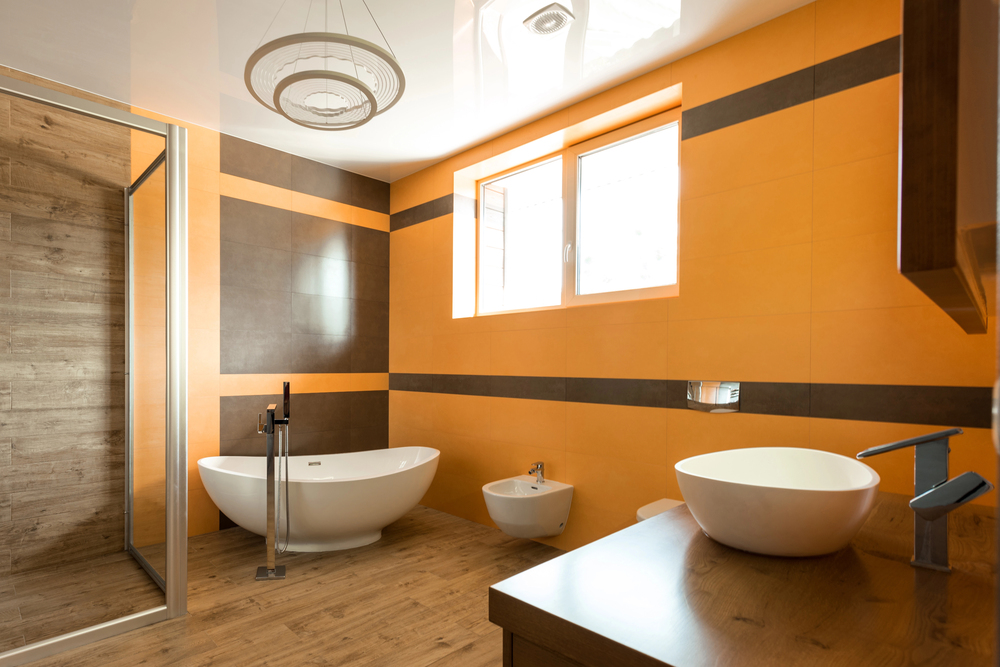
At hostels, you’ll likely have to share toilet facilities with between 4 and 20 other travelers – shower shoes are not an indulgence here; they’re a requirement. Five-star hotels offer private bathrooms with high-end fixtures, marble countertops, and sometimes soaking tubs and rain showers – and, of course, those signature plush robes you’ll be tempted to pilfer.
The bathroom alone symbolizes the most extreme contrast between these classes of lodging.
Like Travel Pug’s content? Follow us on MSN.
Sleep Arrangements
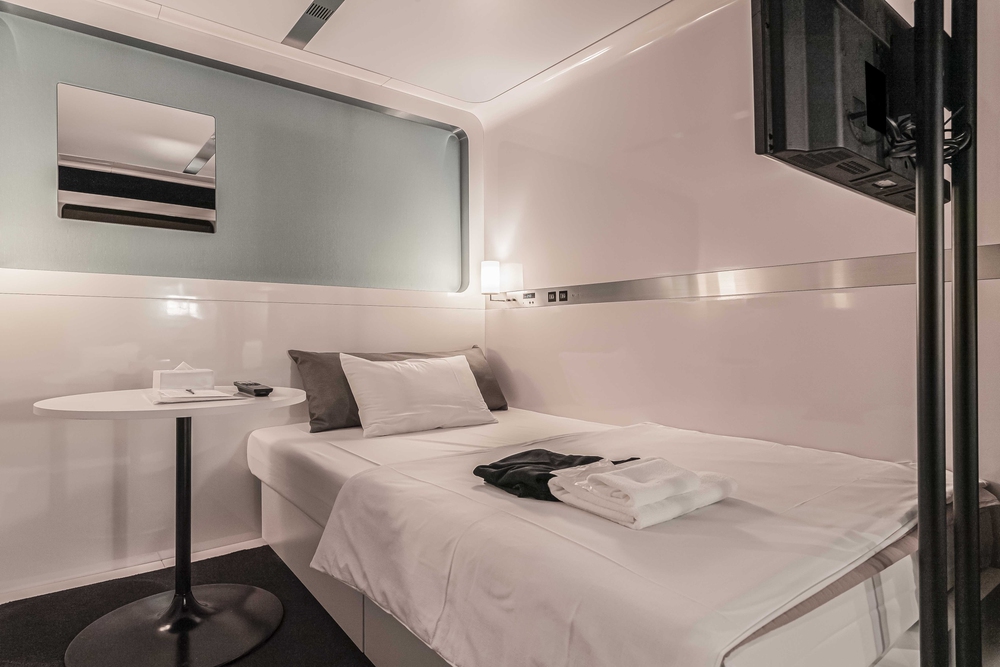
Hostels have 4-12 bed dorm rooms (or sometimes more) – though there’s the option to have private rooms at extra cost. You’ll be resting on a minimal mattress, which is sufficient.
Five-star hotels offer custom-made mattresses that run in the thousands of dollars – accompanied by high-thread-count linen, a selection of pillows, and duvets that make leaving bed in the morning something to be done begrudgingly. The quality gap isn’t insubstantial – it’s more like comparing a bicycle with a Ferrari.
Noise Levels
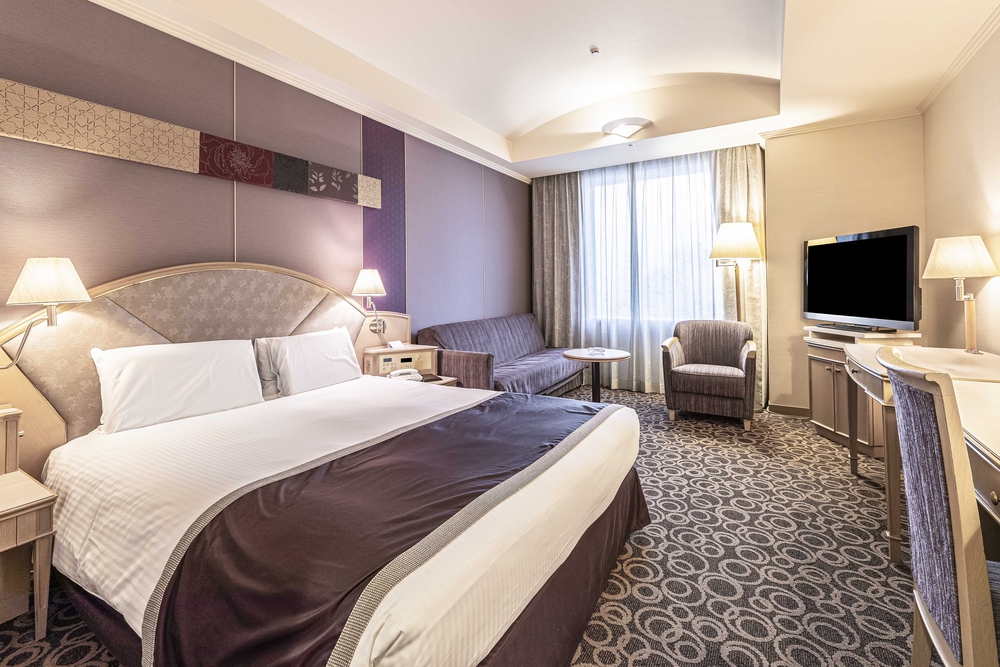
Hostels hum with activity almost around the clock – from late-night check-ins to early-morning check-outs and hanging out in lounges. Earplugs are not only advised – they’re lifelines. High-end hotels spend big on soundproofing, room placement, and noise-reducing materials – designing spaces where you’ll hardly notice hallway traffic, let alone other people.
The ambient sound difference can mean sleeping soundly versus waking up repeatedly during the night.
Social Dynamics
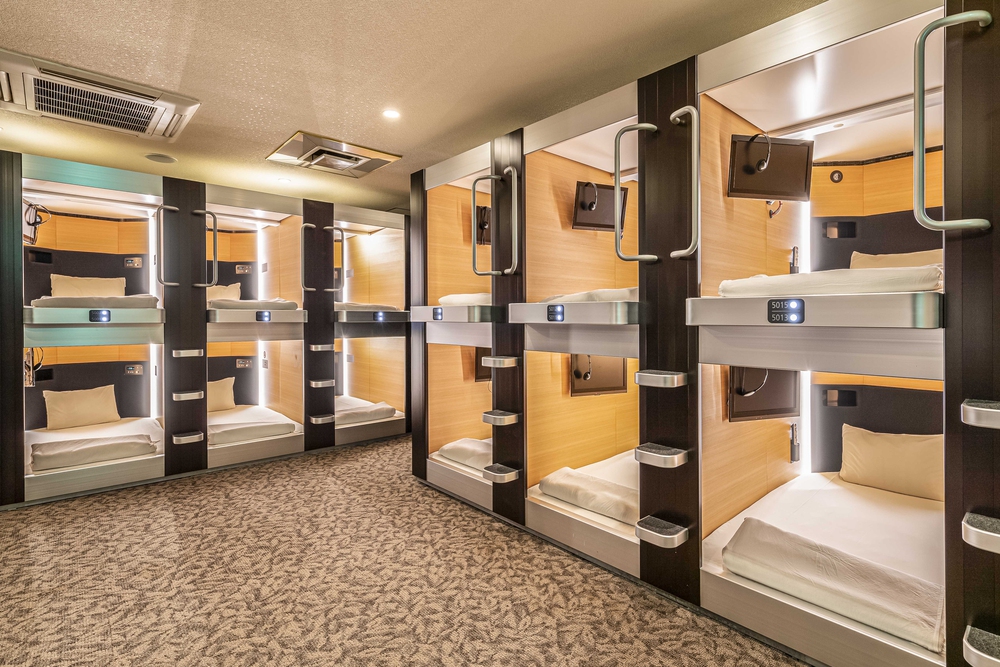
Hostels are social hubs where encountering fellow travelers is a natural phenomenon – in communal lounges, shared kitchens, or organized activities. Conversation comes easily and often leads to spontaneous excursions.
Five-star hotels construct privacy bubbles where guest contact is minimal and highly managed – you can spend a week without a meaningful conversation with anyone but staff. This fundamental distinction will decide if your accommodations are merely a place to sleep or a central aspect of your social life.
Like Travel Pug’s content? Follow us on MSN.
Staff Interactions

Hostel workers will provide you the essentials barebones and check out/check in lickety-split – but not at individual attention. Luxury hotels feature concierges familiar with your preferences, doorkeepers calling you by your name, and managers greeting you personally, all to confirm your pleasure.
The employees per guest are 1:30 at a hostel as opposed to 1:2 for upscale hotels – a quota-making service veers from functional to anticipative.
Room Cleanliness Standards
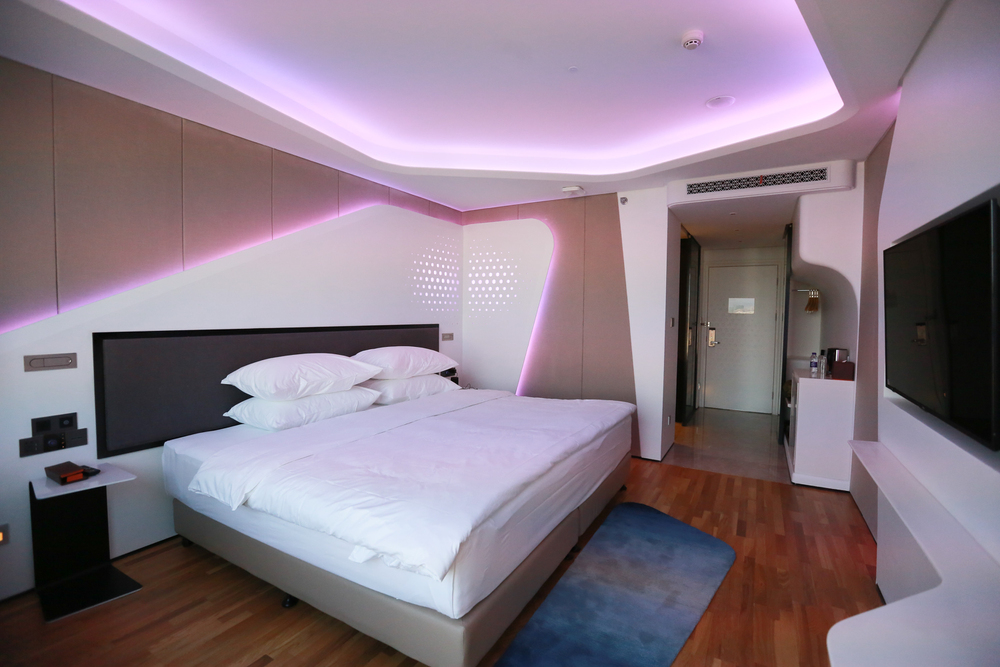
Hostels are clean and basic—beds are made between guests, and floors are cleaned now and again. Five-star hotels have careful cleaning procedures with many inspections, specialized cleaning chemicals, and much attention to detail, such as sanitized remote controls and spotless mirrors.
Luxury hotels also offer twice-daily housekeeping, with evening turndown service that refurnishes your room while you’re dining.
Amenity Offerings
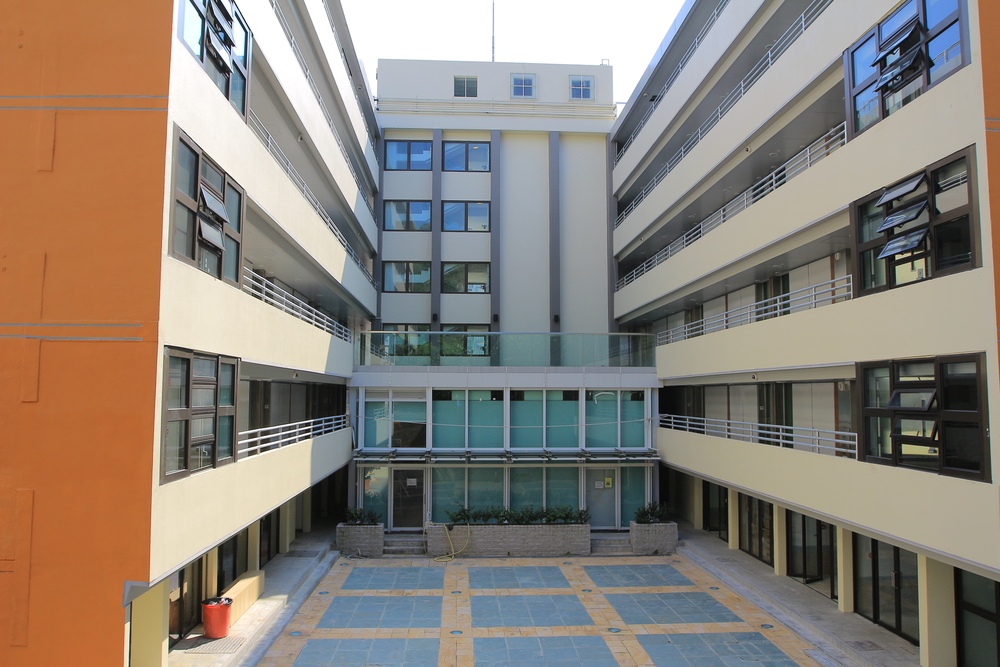
Hostels provide the bare essentials—perhaps a tiny towel, shared soap dispensers, and shared kitchen access. Five-star hotels stock rooms with designer toiletries, Nespresso machines, minibars, plush slippers, and often welcome gestures like fruit plates or local treats.
The difference isn’t quantity—it’s thoughtful curation designed to eliminate any possible need to ask for basics.
Like Travel Pug’s content? Follow us on MSN.
Food Experiences

Hostels might offer basic breakfast options – think simple cereals, toast, and coffee – or communal kitchens where you prepare your meals. Five-star hotels house multiple dining venues often helmed by celebrated chefs, 24-hour room service menus spanning dozens of options, and breakfast buffets featuring everything from made-to-order omelets to champagne.
The food quality gap mirrors the price difference – substantial and immediately noticeable.
Location Factors

Hostels congregate in budget locations—perhaps a public transportation ride away from major draws. Five-star properties stake out prime properties—beachfront, city center, or where views are stunning.
Address disparity usually equates to convenience and safety advantages that equal more time enjoying destinations rather than arriving there.
Security Considerations
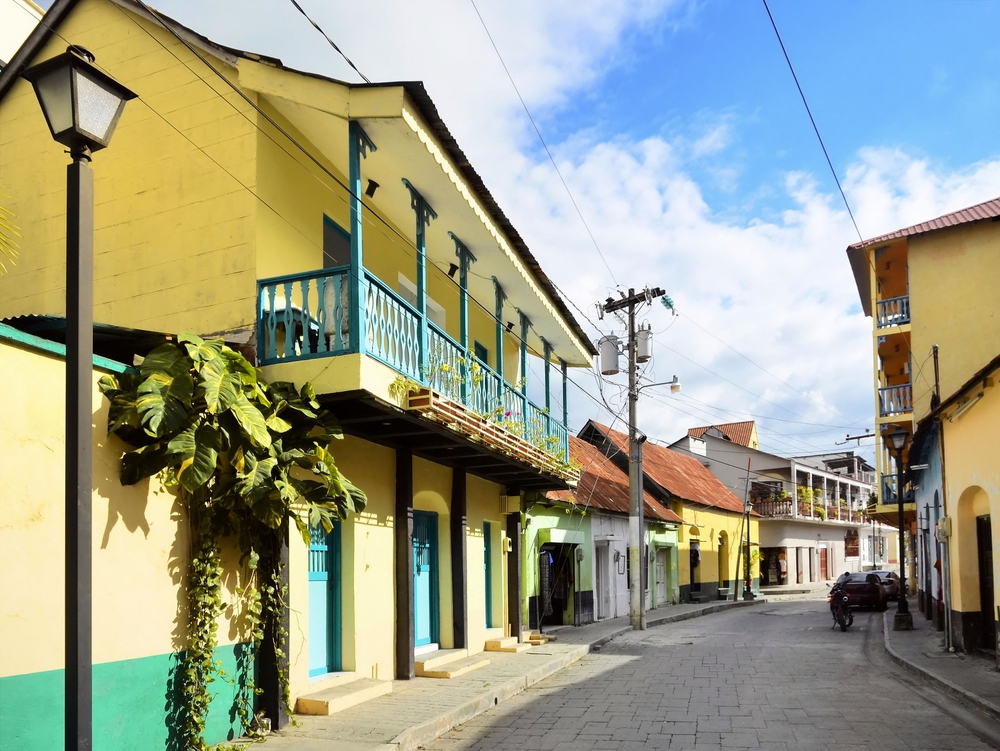
Hostels offer safes for valuables but otherwise have little security beyond simple key card systems. You’ll need to be constantly aware of your belongings. Upscale hotels utilize extensive security systems such as 24-hour guards, advanced key card entry, surveilled public spaces, and in-room safes large enough for laptops and cameras.
This security disparity creates opposing mental states – constant alertness versus trusting complacency.
Like Travel Pug’s content? Follow us on MSN.
Environmental Controls
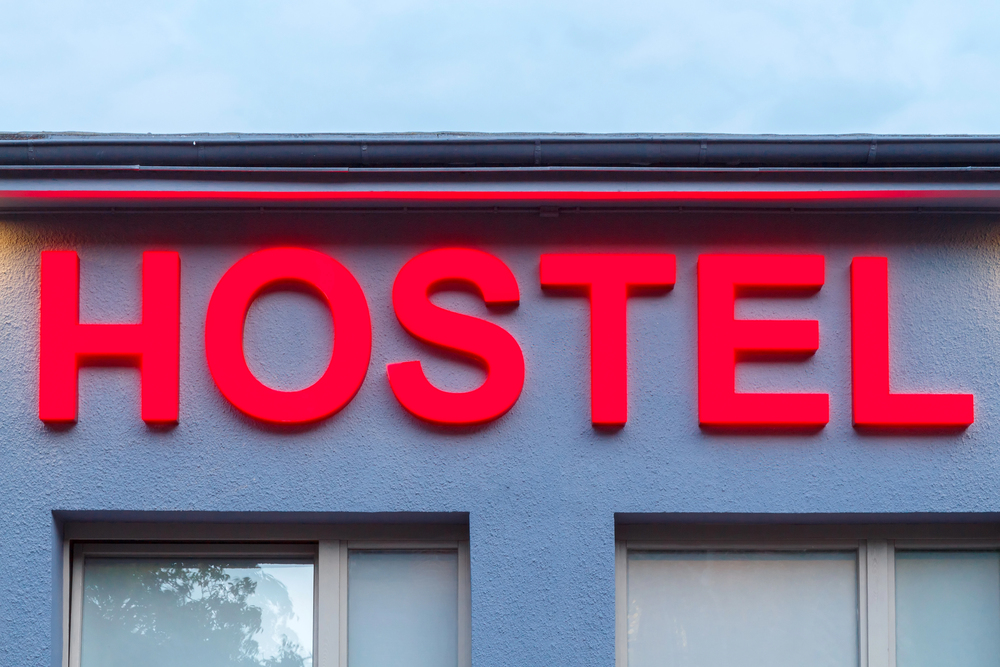
Hostels have minimal control over the weather—you can be too warm or cold depending on the season and the building. Five-star hotels have precise personal climate control systems, blackout curtains that eliminate even-edge lighting, and often air-cleaning systems.
These environmental factors greatly influence the quality of sleep and comfort of your stay.
Technology Integration
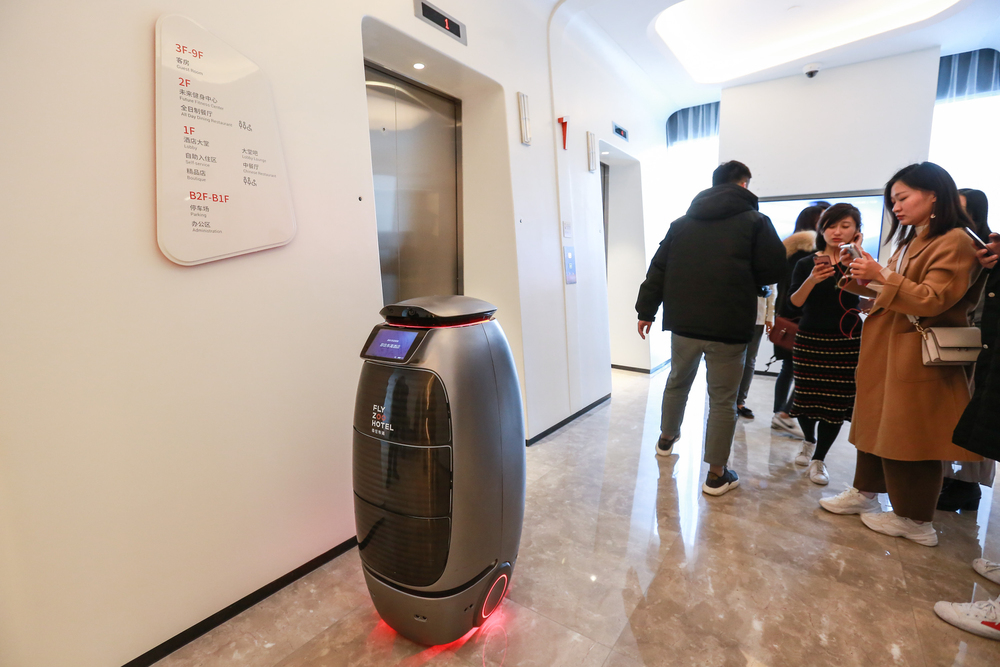
Hostels will have basic Wi-Fi and a few shared computers or charging desks. Five-star hotels provide high-speed internet, smart room controls, USB ports in numbers, Bluetooth speakers, and even tablet computers to operate curtains to order room service.
The technology gap creates extremely different experiences in terms of how easily you can remain online and control your area.
Lobby Atmosphere
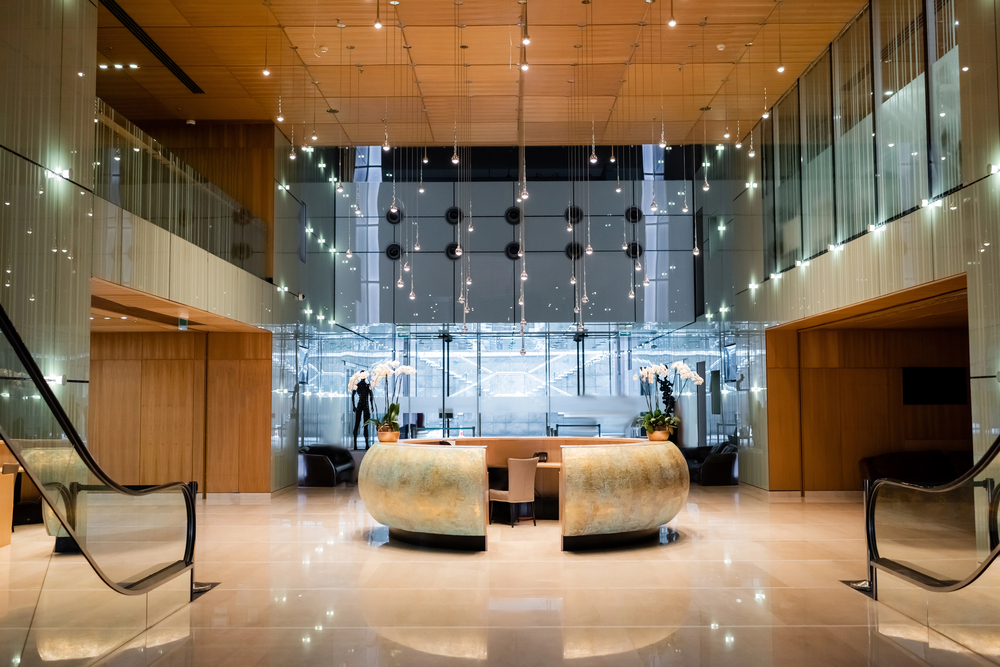
Hostel lounges are social hubs where travelers share travel tips, play games, and plan excursions together. Five-star hotel lobbies are classy spaces with concierge desks, tasteful lighting, vases of fresh flowers, and occasional live music – spaces designed for quiet conversation and not boisterous socializing.
These highly contrasting spaces set the tone for highly contrasting stay experiences from the moment you enter.
Like Travel Pug’s content? Follow us on MSN.
Check-in Experiences

Hostel check-in usually involves waiting in line, filling out forms, and receiving a brief orientation to facilities. Five-star hotels increasingly offer sleek check-in experiences—from curb-welcome to seated process with welcome beverages, occasionally bypassing the front desk.
This arrival difference sets different tones that carry through on your stay—utilitarian vs. ritualistic.
Guest Demographics

Hostels are better for young travelers (18-35) who value affordability and socializing and, therefore, share a relatively comparable guest population. Five-star hotels host more diverse guests from business executives, wealthy families, honeymoon couples, and celebrities – situations in which you might share an elevator with anyone from a CEO to a Hollywood star.
Such differences in population also affect the general atmosphere and social life.
Transportation Services

Hostels will offer little information on public transport or cheap tours. Five-star hotels have fleets of luxurious cars, car service arrangements, and concierges who book helicopter transfers or yacht charters if you prefer.
This disparity in mobility transcends convenience to create contrasting experiences of how you interact with your destination.
Like Travel Pug’s content? Follow us on MSN.
Bathroom Supplies

Hostels expect you to provide your toiletries—there may be simple soap dispensers in shared facilities. Five-star hotels provide bathrooms with high-end branded amenities, typically full-size products rather than miniatures, which are replenished immediately if you use any of them.
This variation in provision means hostel travelers have to bring more luggage, and luxury visitors have to bring less.
Space Allocation
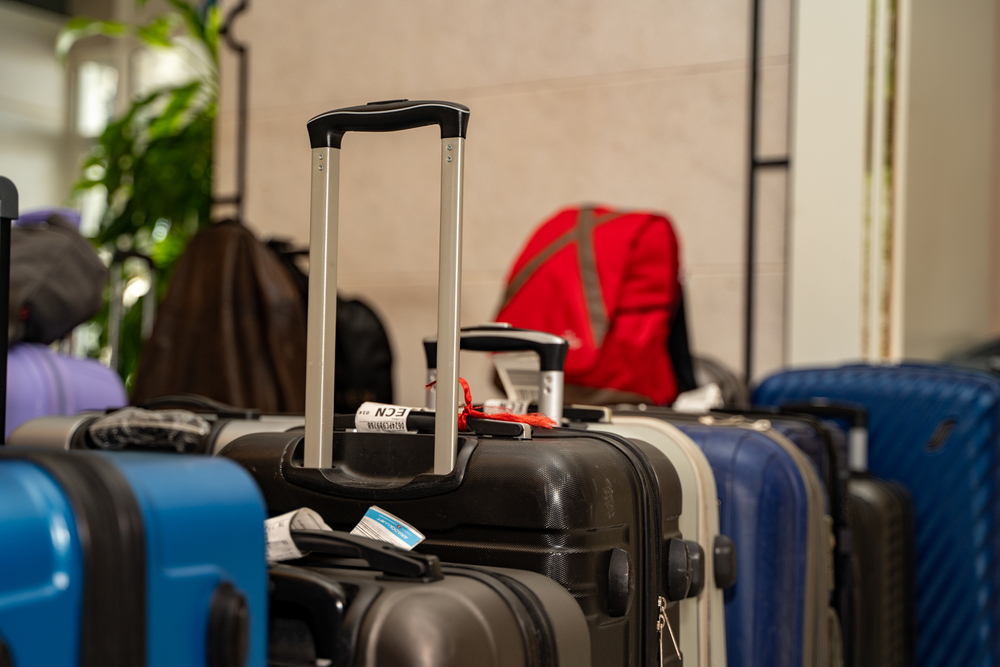
Hostels make the most of space to accommodate as many travelers as possible—your space can be limited to your bed and a small storage area. Five-star hotels allocate generous square space not just in rooms but throughout the property—from big lobbies to spacious elevators and wide hallways.
This space difference changes how crowded or roomy your experience is.
Departure Experience
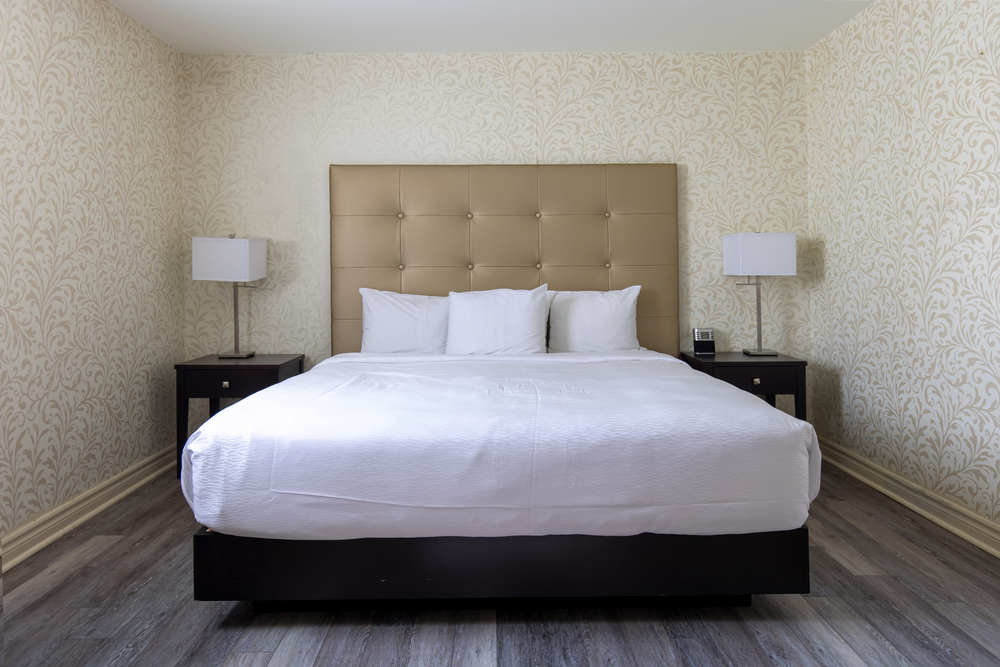
Hostels typically have unpretentious checkout processes – return your key, grab your backpack, and you’re out with nary a commotion. Five-star hotels choreograph grand exit ceremonies with bellhops wielding bags, front desk staff inquiring about your stay, and doorkeepers hailing cabs.
Some high-end hotels even provide departing gifts or in-transit snacks. This final impression reflects the fundamentally differing service philosophies – practical utility versus memorable encounters at every touchpoint.
Like Travel Pug’s content? Follow us on MSN.
The Ultimate Decision

A decision between luxury hotels and hostels is not just about finance – it is a choice reflecting different approaches to travel. Hostels offer authentic contact, exposure to cultures, and means of keeping travel inexpensive.
Five-star hotels are intimate and efficient, and their environments make all your needs second nature before you can even articulate them. Either choice is never necessarily better than the other—the best option is dependent upon what matters most to you regarding your holiday and what kind of memories you want to create.
More from Travel Pug

- 20 Destinations That Were Once Thriving but Are Now Quietly Disappearing
- 13 Destinations Where Tourists Regularly Regret Their Trip
- 20 Once-Popular Beach Towns That Are Now Ghostly Empty
- 10 Under-the-Radar Mountain Towns That Are Both Affordable and Beautiful
- Take a ‘Learning Vacation’ in These 20 Extraordinary Places
Like Travel Pug’s content? Follow us on MSN.
